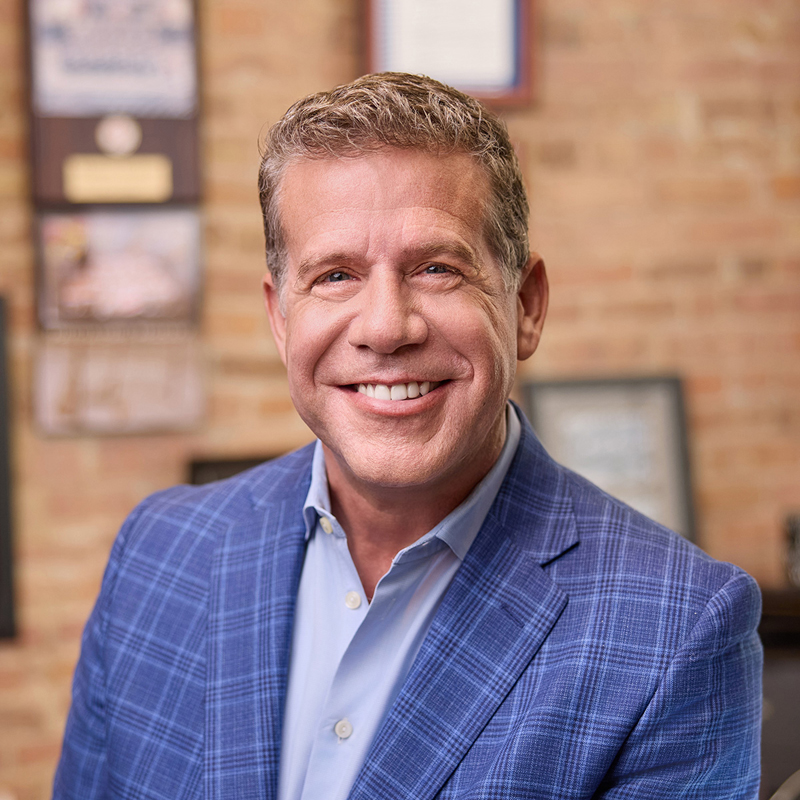In law school — specifically in Constitutional Law class — I remember a professor’s wry advice when one of us expressed interest in pursuing a career in Constitutional Law:
“Settle down… there are maybe four lawyers in the entire country who actually make a living arguing Constitutional Law cases.”
That quip stuck with me.
So, when our firm, Carlson Dash LLC, recently had the privilege of arguing a case before the Wisconsin Supreme Court on behalf of The Menominee Indian Tribe, it felt both humbling and extraordinary. The fact that the argument took place on Indigenous Peoples’ Day, 2025, made the moment even more meaningful.
Our team was well prepared, holding two mock court sessions in advance of oral argument — one of which included a former Carlson Dash colleague who returned to participate (I love our firm’s culture, by the way). I even had the chance to play “judge” during one of the mock sessions to help sharpen the oral arguments. My law partner, Jim Dash, and our co-counsel, Mike Roy, did an outstanding job presenting our case, and it was rewarding to see the justices focus on the very issues that had challenged us throughout.
We had already prevailed in both the trial court and the court of appeals and secured the relief we requested from the Bureau of Indian Affairs. Now, the case before the Wisconsin Supreme Court goes to the heart of tribal sovereignty — and could ultimately reach the U.S. Supreme Court.
At issue is a dispute with a property owners’ association (Legend Lakes Property Owner’s Association) that sought to prevent the Menominee Tribe from purchasing land that once belonged to the Tribe. The association had amended its bylaws to, essentially, prohibit any property transfer to the Tribe. The Tribe, in turn, asserted its sovereign right — recognized under federal law — to acquire property free from such private restrictions.
The principle is simple yet profound: sovereign entities like the Menominee Tribe (or the United States) cannot be bound by private covenants that attempt to limit their ownership rights. Imagine a bylaw that purported to forbid the United States itself from owning land within a subdivision — that’s essentially the argument we faced.
The oral argument was made all the more poignant by the setting. In the Wisconsin Supreme Court chamber hangs a historic painting depicting the Trial of Chief Oshkosh, who was acquitted of murder on the grounds of tribal sovereignty — because the act, though tragic, was carried out in accordance with tribal law. It was a powerful reminder that questions of sovereignty, justice, and cultural autonomy are not new — they are woven into the very fabric of American legal history.
For me and for our firm, it was a day of gratitude — for our clients’ trust, for the chance to be before the state’s highest court, and for the opportunity to advance principles that echo through centuries of law and history.
This document is intended for informational purposes only and is not legal advice or a substitute for consultation with a licensed legal professional in a particular case or circumstance.
Kurt concentrates his practice on representing clients in corporate matters, business disputes, corporate workouts, and business bankruptcy cases. Kurt has extensive experience in a broad range of legal and business issues that companies must address in order to successfully navigate the marketplace, from the boardroom to the courtroom. If you need assistance with a related matter, contact Kurt.

